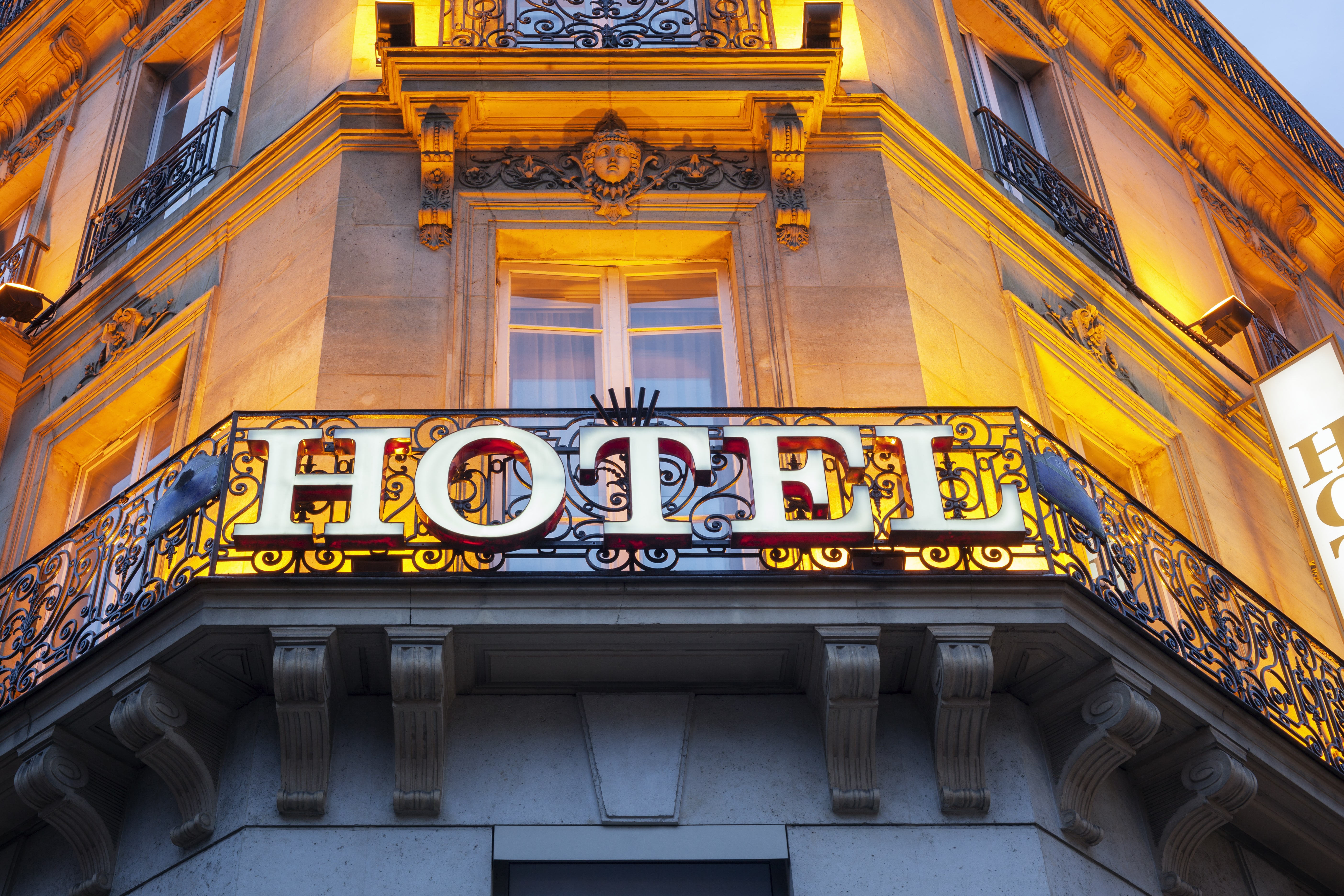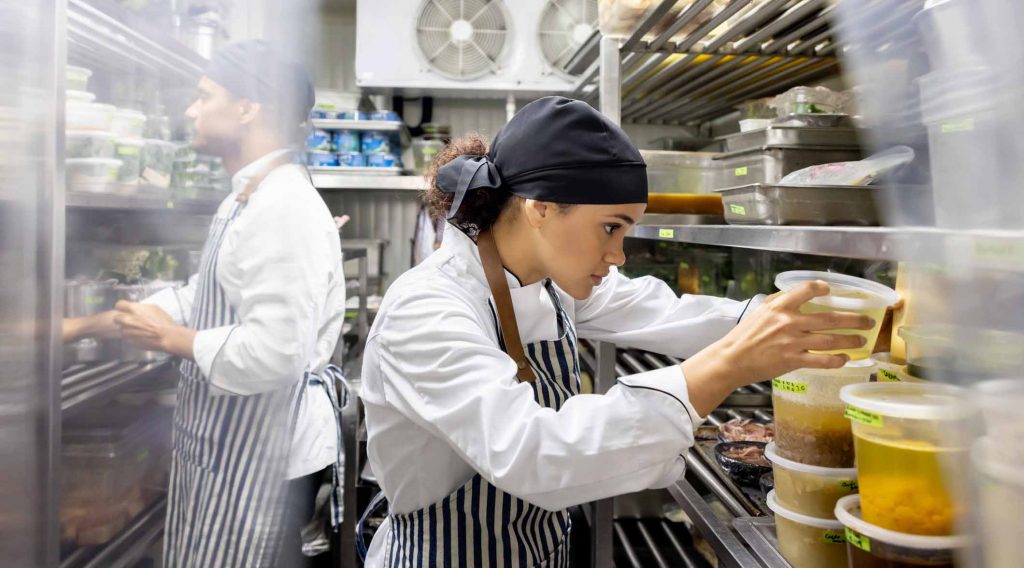
All around the world the hospitality industry has been put under tremendous pressure by lockdown measures taken to combat the spread of Covid-19. PwC’s recent report Where next for travel and leisure? states: “Government restrictions on movement and business operations have forced the industry into hibernation. Significant travel limitations across the globe have had an unprecedented impact on the hospitality and tourism sectors.”
The potential financial cost of this “unprecedented impact” has been calculated in the Brand Finance Hotels 50 2020 report. https://brandirectory.com/rankings/hotels/ . It estimates the world’s top 50 most valuable brands may have lost 20% of brand value, which equates to a whopping $14bn.
Kate Nicholls, CEO of UKHospitality says: “If the figure is accurate, it hammers home the damage that has been done to hotels and the hospitality sector. It highlights the crucial need for ongoing support from the government to make sure that businesses survive and jobs are saved.”
“Each hospitality firm should consider reopening only when the guest experience and expectations can be met and when this can be accomplished for the operator in a profitable manner,” says Ken Schwartz FCSI, president of SSA Foodservice Design + Consulting.
Promoting the brand
In the US, restrictions on hotels vary from state to state. Some hotels are housing doctors and nurses who staying away from home to protect their families during the pandemic. One brand that is suffering a fall in revenue is nevertheless keeping its brand elevated in the public consciousness – Hilton has teamed up with American Express to donate one million overnight stays to frontline medical workers across the US. In the UK, Hilton is lighting up its buildings in support of the NHS and donating free parking spots to healthcare professionals.
Now, as the industry starts to consider how it will operate in the future the imposition of quarantine periods for visitors from overseas poses another threat, effectively cutting the foreign tourist market off at the knees. For example, the UK government announced that from 8 June it will be imposing a two-week quarantine period for those flying in from abroad.
“There needs to be, as a bare minimum, an indication of how long measures might be in place, to allow businesses to plan, and criteria should be set out, so that we know what criteria must be fulfilled to enable removal or change to quarantine,” says Nicholls in a statement about the effect this will have on the UK hospitality sector.
Into the future
In the US Schwartz considers how his hotel clients might mitigate the effects of Covid-19 restrictions on their businesses. “I do think Covid has created a new or renewed awareness to personal health and safety and as such how it relates in foodservice. There have been discussions relative to use of self-service items, to pre-packaged goods and to the elimination of certain styles of service,” he says. “For the hospitality industry to rebound borders must reopen and safe travel must resume. This can only occur with a high level of consumer safety and confidence.”
He is aware of the measures that must be taken to ensure this. “Our society and buildings are not created for social distancing, an example of this is elevators and lifts. How can hotels and/or office buildings function with elevators that were designed without social distancing?” he asks. “Who will sanitise every door handle after each use? Who will sanitise each pen after signing a credit card receipt?”
The answer is, probably, all hospitality businesses will face higher costs at a time when they may well be forced to operate at a reduced capacity.
Jacquetta Picton




